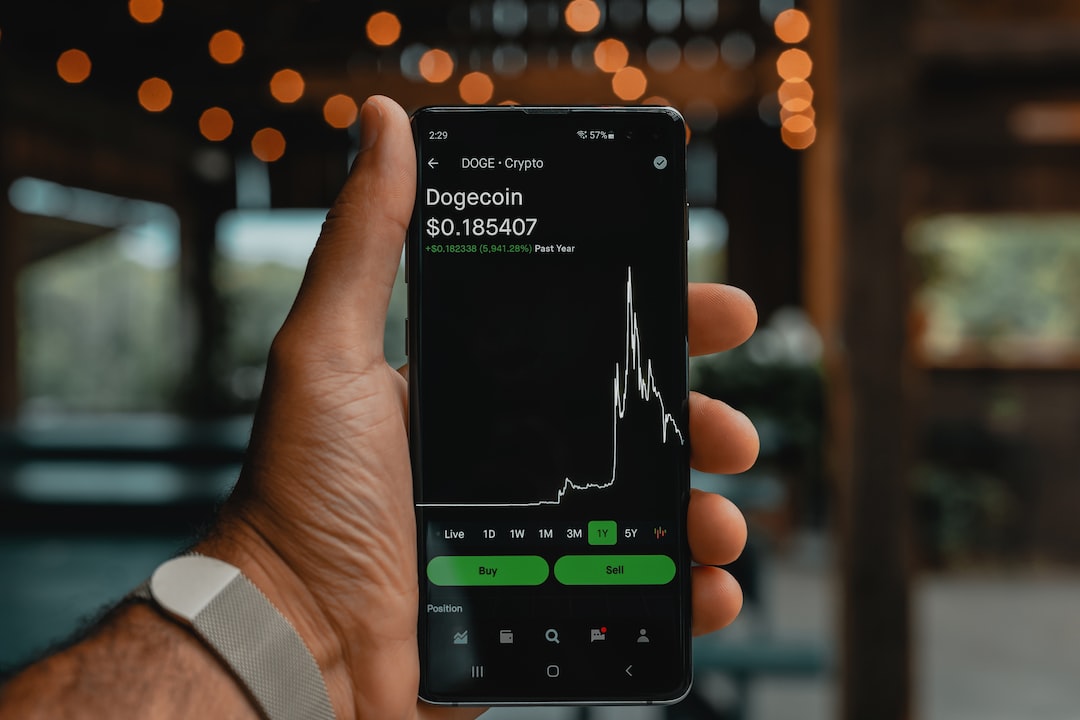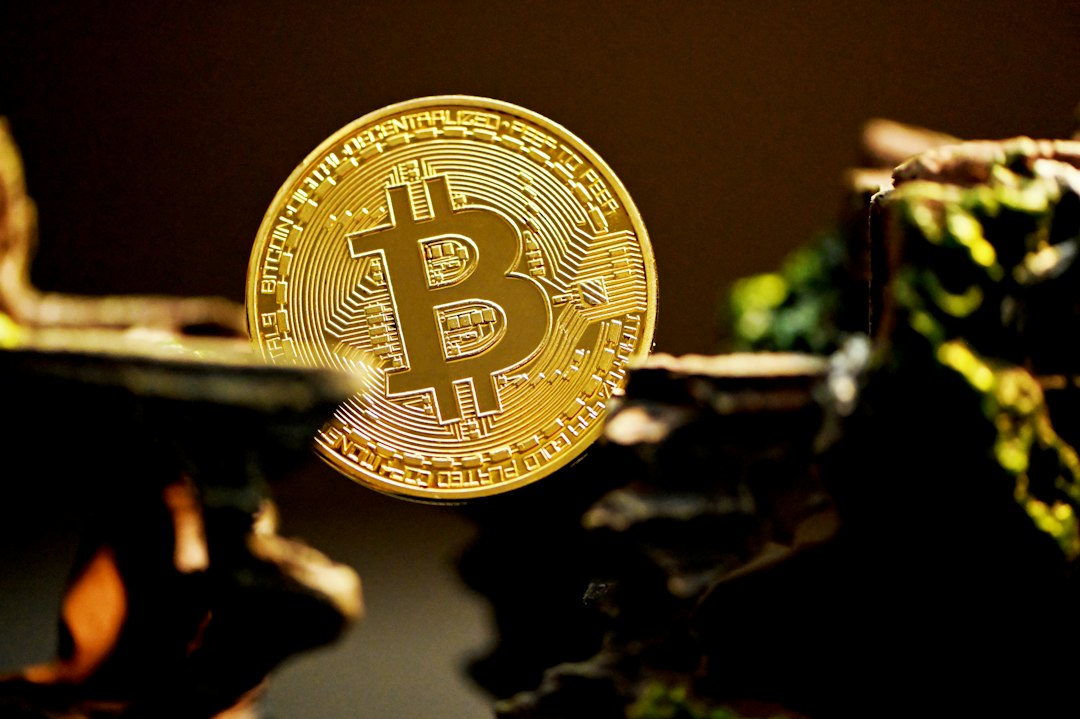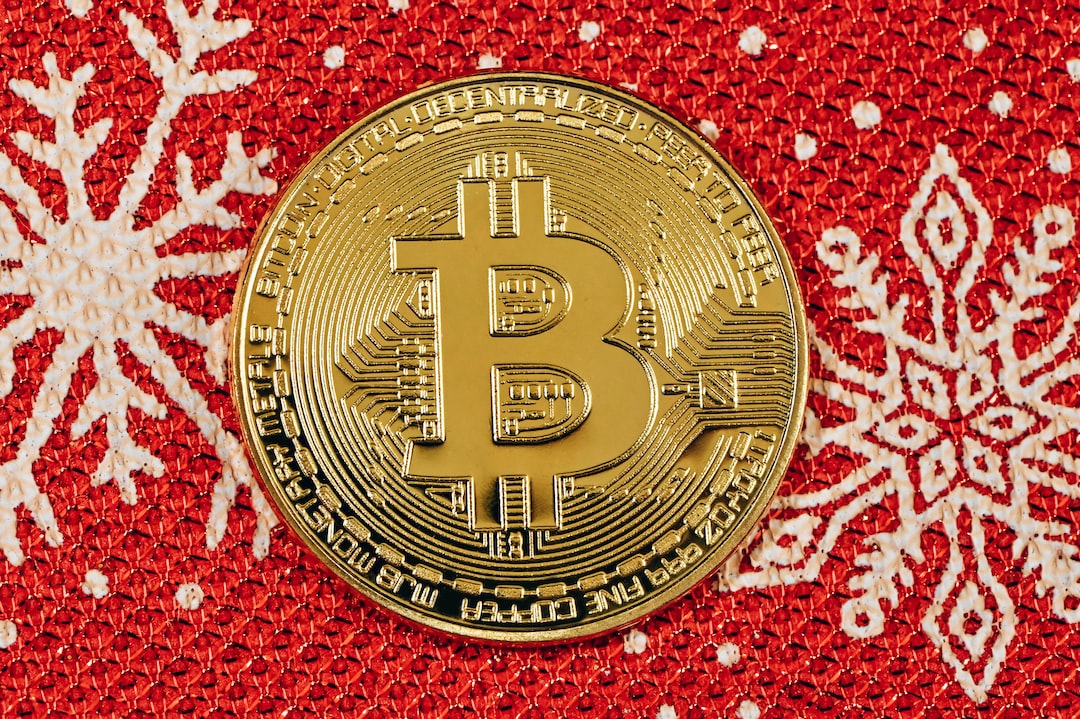Community Votes on Proposal to Reduce Inflation in Cosmos Network
Community members of Cosmos’ central hub network have initiated a voting process for a proposal that aims to make a significant change in the network’s economic policy. The proposal, numbered 868, seeks to reduce the minimum inflation parameter from the current 7% to 0%. If approved, this would gradually decrease inflation to zero when the total bonded ATOM exceeds two-thirds of the supply.
The proposer, Stakelab, wants to eliminate inflationary pressures on ATOM and achieve a manageable inflation rate, especially if most coins are bonded. This proposal follows the acceptance of proposal 848, which established a cap on the maximum inflation rate at 10%.
Potential Challenges with the Proposal
However, implementing this proposed change may have significant implications. Currently, the bonding ratio is just over 64%, and if it crosses 67% after approval, rewards for validators could decrease substantially. Jacob Gadikian, CEO of Notional, expressed concerns about the impact of zero inflation on the network’s economic security.
Gadikian explained that inflation is designed to incentivize stakers to provide security, and removing it could potentially undermine the chain’s economic security. Nevertheless, the proposal suggests exploring alternative revenue streams from servicing “consumer chains” linked to the hub as compensation for stakers if no inflation is reached.
At present, 54% of community votes favor the proposal, while 40% are against it. However, a quorum has not been reached yet. The voting period will conclude on January 23.
Hot Take: Potential Implications of Reducing Inflation in Cosmos Hub
The ongoing voting process for reducing inflation in Cosmos’ central hub network raises important questions about the network’s economic policy and security. While the proposal aims to eliminate inflationary pressures and achieve a manageable inflation rate, there are concerns about the potential impact on validator revenue and overall network security if inflation reaches zero. It remains to be seen how the community votes and whether alternative revenue streams can adequately compensate stakers in the absence of inflation.





 By
By
 By
By
 By
By
 By
By
 By
By
 By
By